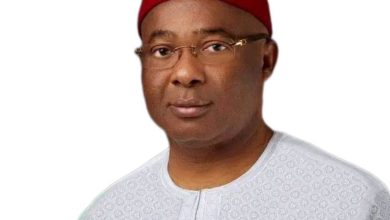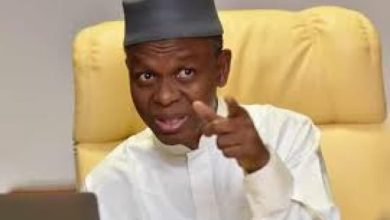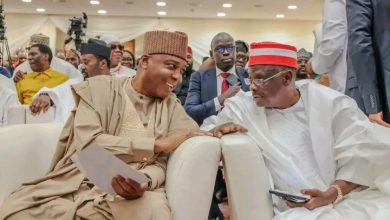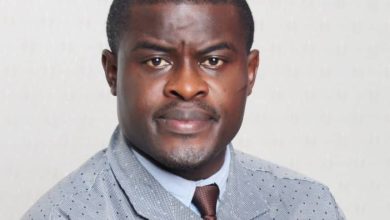Senegalese Court stops President Macky from delaying election
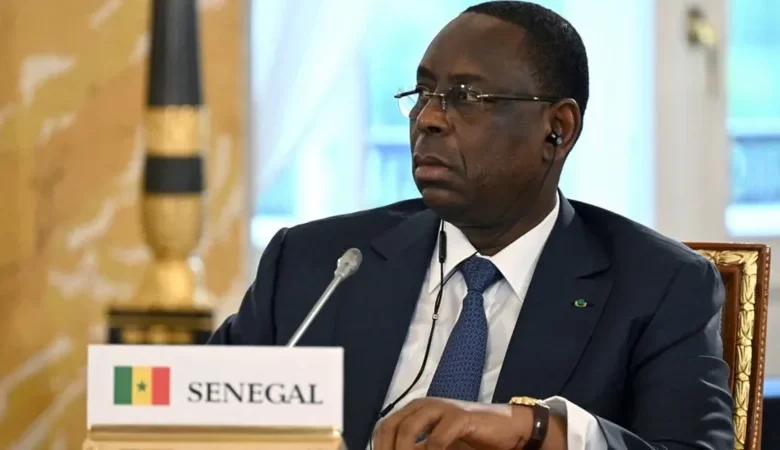
Senegalese Constitutional Court has declared as illegal the recent decision of the country’s President Macky Sall to delay the country’s Presidential election till the end of the year.
Although this latest decision by the Constitutional Council has been welcomed by the opposition and activists alike, the court itself has not always been so popular. In January 2012 it ruled that then-president Abdoulaye Wade could run for a third term, despite the country’s two-term limit.
At the time it argued that Mr Wade’s first term in office fell under a previous version of the constitution, which didn’t have presidential term limits.
The decision led to weeks of protests, which only ended when President Sall was elected the following month. Ironically, at the time Mr Sall argued that it was impossible for Mr Wade to run for a third term.
“A president cannot extend his term of office, it’s not possible,” he said during his campaign.
“He can’t extend his term even by one day, otherwise the country will be plunged into chaos, because then people would not recognise his legitimacy and there would be no longer any authority in the country.”
Mr Sall’s critics reminded him of those words in the past two weeks, saying that by delaying elections until the end of the year he had basically given himself a third term.
He strongly denied these charges, saying the delay was intended to calm tensions caused by the exclusion of the opposition candidates.
But there has been suspicion about his intentions for some time, with widespread speculation that he would try and seek a third term in office.
He only confirmed that he wouldn’t stand in July last year.
Despite the Constitutional Court’s ruling, many Senegalese voters will still be frustrated by the fact that another of Mr. Sall’s main opponents, Ousmane Sonko, will not be on the ballot.
Mr. Sonko was convicted of libel in December, a ruling that disqualified him from running in this year’s election. In January the Supreme Court rejected Mr. Sonko’s appeal against the conviction, making him ineligible to contest the upcoming elections.
Supporters of detained opposition leader Ousmane Sonko will not be satisfied by this ruling
A separate, earlier conviction against Mr. Sonko led to widespread protests last summer in Senegal, where he is popular with young people who see him as an anti-establishment candidate.
Mr. Sonko remains in jail and so does his second-in-command, Bassirou Diomaye Faye, who is nevertheless on the ballot in his stead. Their party, Pastef, has been banned.
Sonko’s supporters are unlikely to be satisfied with the Constitutional Council’s latest ruling because it makes no provision for the politician to be put back onto the ballot.
Despite Senegal’s reputation as a relatively stable democracy, Sall’s tenure has been marred with accusations he has rowed back on basic rights, including freedom of expression and assembly.
But with this latest court ruling, Senegal has showed that it can still serve as an example to other West African countries of how to hold their leaders to account.


